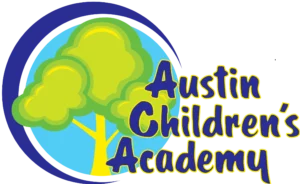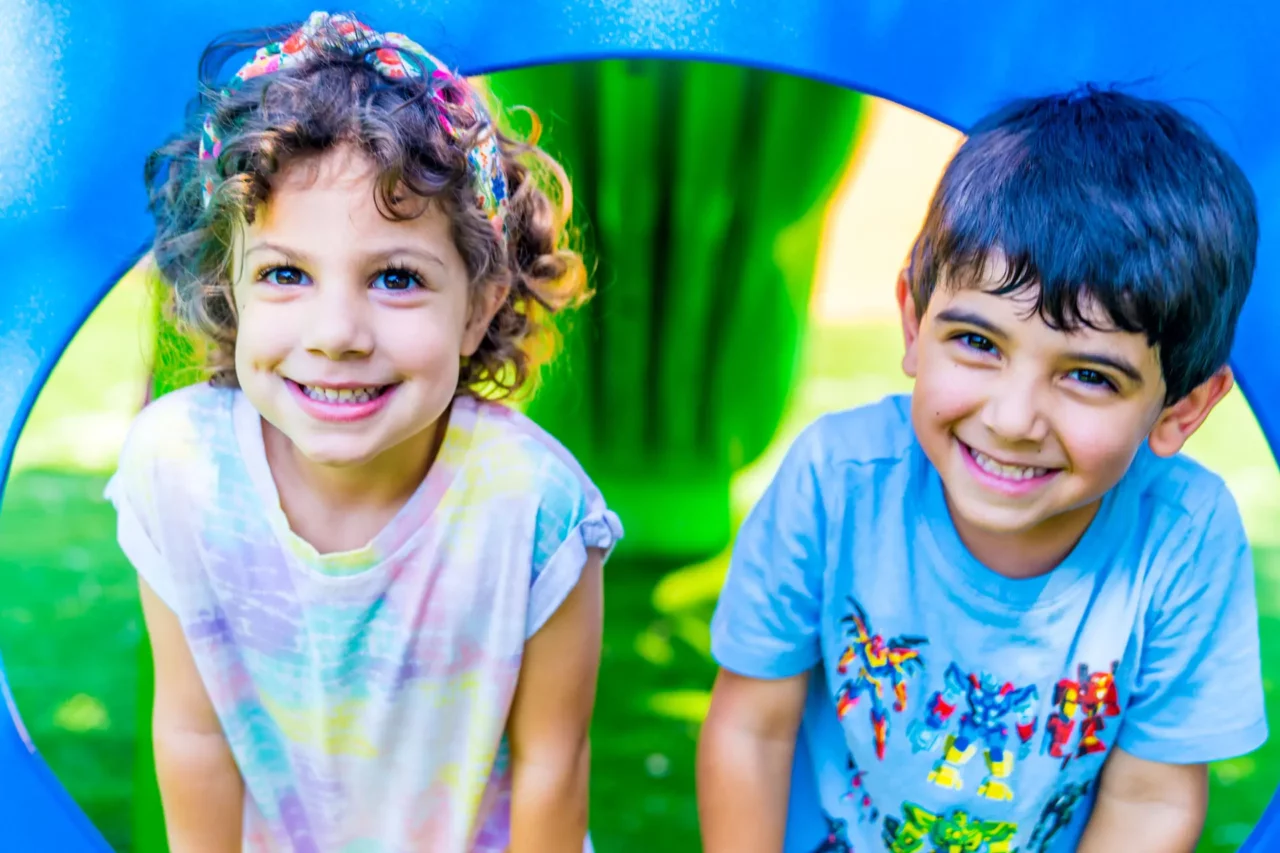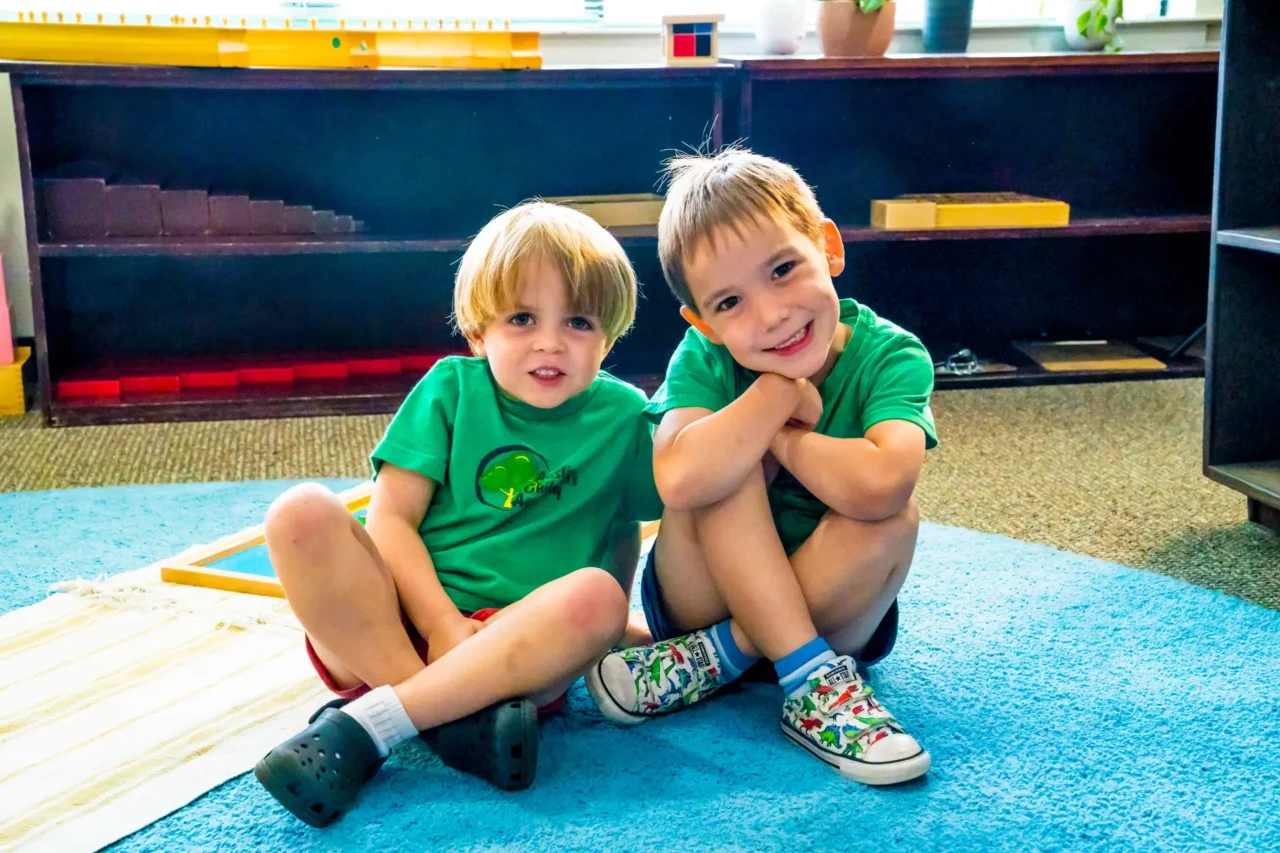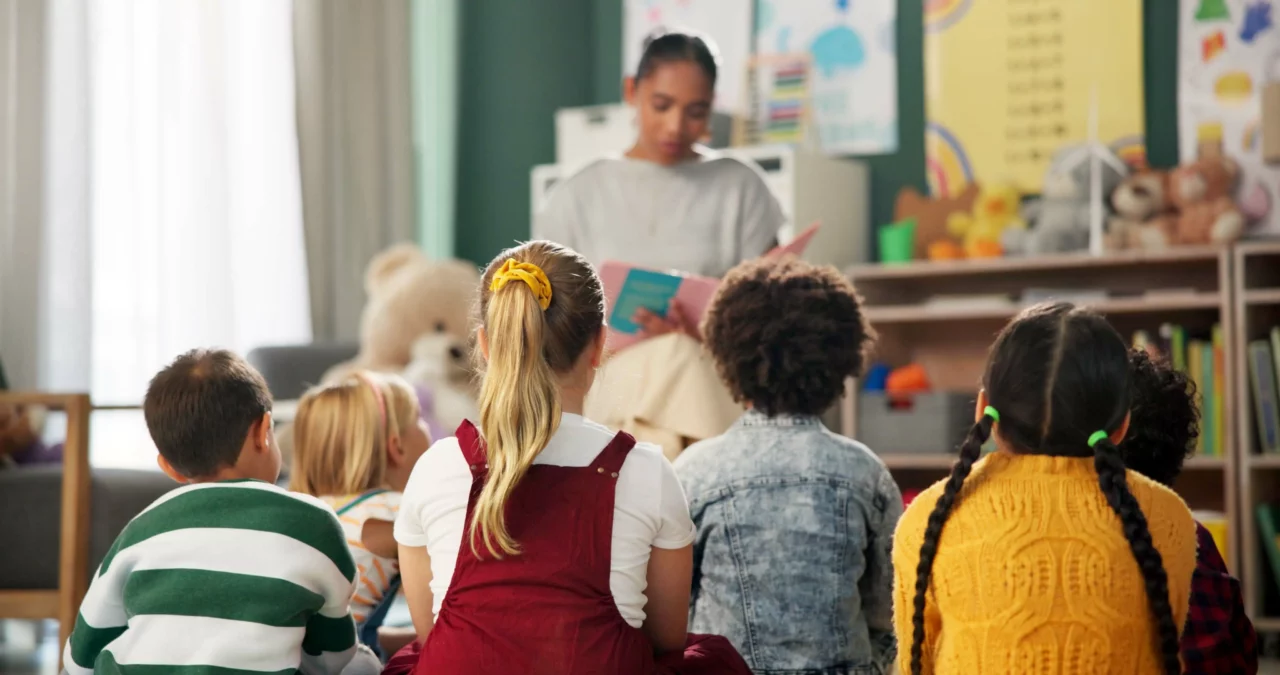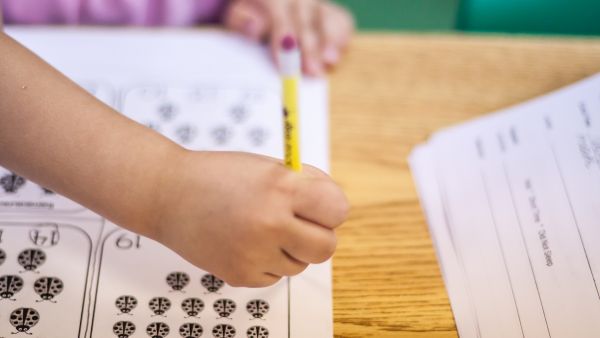
The transition to first grade can be a jarring change for any child. What happened to nap time? Play time? The reading circle? In the grade-school classroom, all that is swept away in exchange for more structure and higher academic expectations.
Is your child ready for the leap? Check out these ten signs that they’re good to go.
Rules
Your children may not have a one-hundred-percent record of following rules all the time, but before they go to first grade, they should understand them and be aware of the consequences if they don’t.
Social Skills
Social skills evolve with maturity. By first grade, they should be able to share space and materials, participate in group activities, and increasingly use words to resolve conflicts.
Attention
First graders aren’t expected to stay in one seat for hours, but your child should be able to focus on a task for some period of time. Concentration skills become more important in grade school since many subjects are now being taught in discrete intervals. First graders should also be able to switch gears without distress in order to transition from subject to subject or classroom to classroom.
Reading
In some schools, there’s a big push to have children reading by first grade. At the very least, they should know the alphabet (upper and lower case), the relationship between sounds and letters, and some basic sight words.
Language Comprehension
At this age, being able to listen to a simple story and successfully answer who-where-what-why questions is a strong indicator of good language comprehension. This is also the age where children should be able to distinguish between what is real and what is fantasy.
Small Motor Skills
Not every child’s small motor skills are fully developed by first grade. But a child should be able to grasp writing tools correctly, write the alphabet (upper and lower case), and pen his or her first name as well as a few simple words.
Speaking And Listening
By first grade, a child should be able to listen to and follow through with simple one- and two-step instructions. He should also be able to ask questions in complete sentences, participate verbally in discussions, and listen to others without constantly interrupting.
Numbers
The ability to name as well as write numbers one through thirty are the minimum expectations for this grade. New first graders should also be able to add small quantities (up to a sum of ten) by using their fingers.
Practical Math
Your child should have a basic understanding of the way a calendar breaks up a year into months, weeks, and days, and how a clock divides a day into hours, minutes and seconds. They should also know the relative value of different coins.
Enthusiasm For Learning
Most kindergartners will have already been exposed to very basic concepts of science, such as how the earth rotates and how plants grow. Similarly, they will have been exposed to some historical concepts through the celebration of the holidays of the year. This knowledge base is less important than your child’s willingness to embrace learning in general. A graduating kindergartener who is eager and willing to participate in each day’s lessons is a child who is ready for the challenges of first grade.
